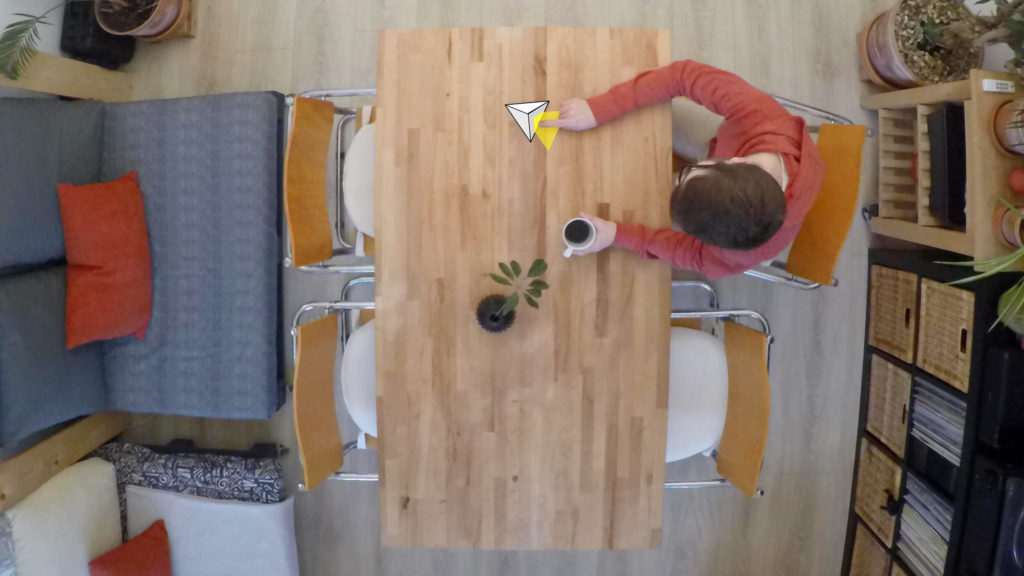
For this purpose, several complex technological developments are required. Also, questions arise as to how smart objects will improve the everyday life, what users accept and what they wish for as well as how the objects can interact with them.
The following steps are necessary so that everyday objects can be digitally upgraded in a useful way:
- develop new sensor technology as well as refine and integrate the existing one,
- establish a clear understanding of wishes and practices related to the home environment.
The project focuses on developing an ‘intelligent’ table, mainly for the private context (as a consumer product). In the Western world, the table represents the heart of the private living space and is therefore a suitable base for an intelligent, networked piece of furniture. Against this background, we understand it as a kind of infrastructure (like a smartphone) enabling us to realize various applications. These applications become enriched with additional intelligent objects, which can communicate with the table and will function as in- and output devices.
As part of the research program for human-technology interaction called ‘Intelligente, vernetzte Gegenstände für den Alltag‘ (Intelligent, Networked Objects for Everyday Life), Praktikapp is funded by the Federal Ministry of Education and Research (BMBF).